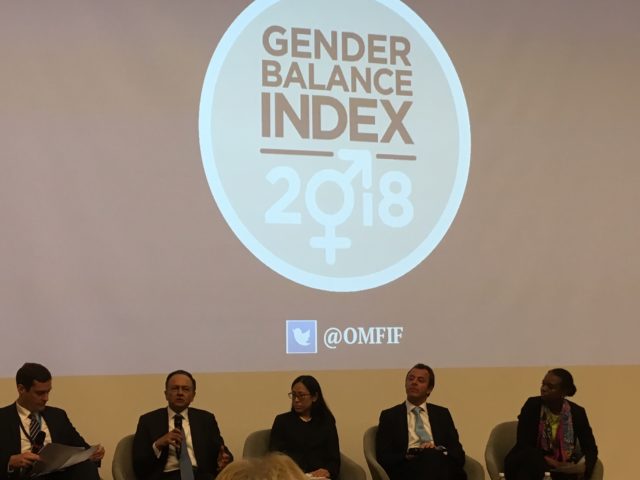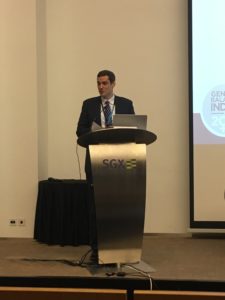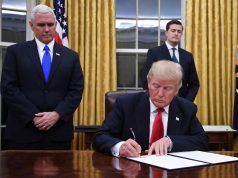
Ngian Siew Ling
Singapore, 8 Mar 2018 – Happy International Women’s Day 2018! Prior to and in celebration of this very special day, the Official Monetary and Financial Institutions Forum (OMFIF) launched and held the ‘Global Public Investor Gender Balance Index 2018’ at SGX yesterday.

According to the findings of Global Public Investor Gender Balance Index, its 4th annual report, on diversity in central banks are discouraging; showing a worsening imbalance between men and women in key decision-making positions. Such trends are visible in five out of seven regions that showed a lower score in 2018 than 2017.
Being an independent think tank, a network for best practice worldwide public-private exchanges, the OMFIF has appointed Mr. Anwar, Pakistani-American banker and former Governor of the State Bank of Pakistan, to share his views on this particular concern raised. Not at all surprising, he has highlighted that much of these plummeted figures were affected by the economic crisis since 2008 – And never discounting the level of seniority.
It has been known that the private sector yields better returns for the amount of risks it takes, this is an obvious reality for employment choices conscious to both men and women. Therefore, Mr. Anwar has suggested that in order to cope with the balance of economic crisis and assuring the gender proportion for the purpose of obtaining gender balance 50-50; he has urged the public sector to also provide a more attractive package to lure more women.
The International Financial Corporation (IFC) has released an insurance-accumulative figure of $1.73 trillion by year 2023 just insuring women alone. Female representative, Flora Chao, Senior Financial Officer of IFC emphasized the importance for women to feel included in the society they worked in. So in 2013, the IFC has enhanced its thematic bond products with the launch of the Banking on Women (BOW) Bond Program, the first bond program focused on creating opportunities for women entrepreneurs in emerging markets. Ever since, the association has distributed 500,000 loans worth $700m to entrepreneurs. Among the emerging markets, Syria and Lebanon have been notable beneficiaries – with IFC providing Al Majmoua a $2m loan to expand its loan portfolio for the inclusion of increasing low income small businesses and female entrepreneurs, including women who fled with their children from Syria.
“Many people are beginning to think about the future of their daughters,” Fatouma Ibrahima, Acting Director of Singapore Infrastructure & Urban Development Hub, World Bank, of the panel cried.
“Where I came from, a man from all-girls school, it is hard for women to fight competitively in the society,” consensus of the Belgium representative, Jan Bellens of Global Emerging Markets Leader & Asia Leader, EY.
In conclusion, the Gender Balance Index has showed that Asia scored low in women top decision-making positions while Singapore still has to appoint 130 female directors annually from now till 2020 to reach the 20% goal of female representatives on the boards of listed companies.
Now, among the tea party conversations, this is believed to contain self-corrected abilities; together with the efforts of Human Capital Leadership Institute (HCLI) and BoardAgender initiated “Gender Diversity”.



































